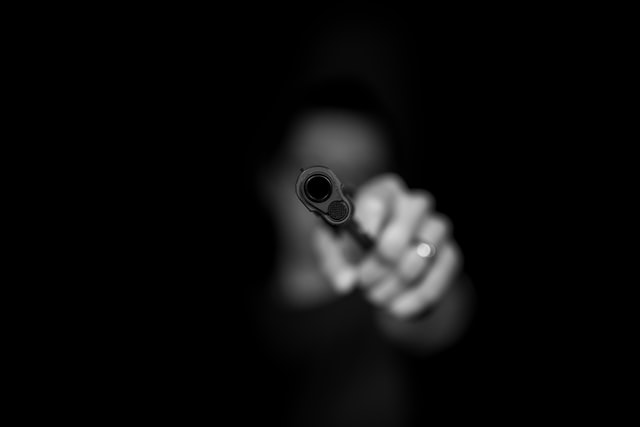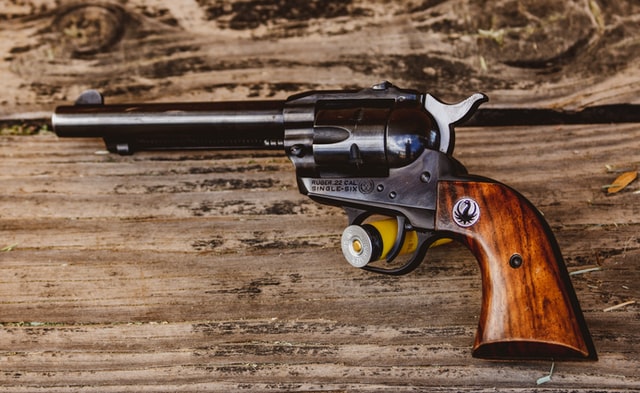Because firearms are strictly regulated, their use may be restricted to some people, especially those accused or convicted of certain offenses. Both state and federal law prohibits the acquisition, possession or possession of firearms by persons recognized as “prohibited persons”. Can I buy a gun with a DUI?
Can DUI prevent the purchase of a weapon?
Most drivers accused or convicted of DUI offenses do not lose the right to buy, own and possess a firearm. However, there are DUI cases in which such punishment may occur.
Examples of this may include:
- Repeated offenses – in some cases conviction for DUI based on previous convictions can lead to prosecution. For example, drivers in West Virginia taken from their 3 rd DUI (i.e. have had two previous DUI beliefs in the last 10 years), may be charged with a crime. As such, a conviction for a third DUI would make them “banned” under federal law and thus would not be able to buy, own or possess a firearm.
- Criminal DUI – just like a conviction for a third DUI may result in the loss of rights to a firearm, just as a conviction for any DUI prosecuted as a crime may also prevent possession of a firearm. Although each case is different, prosecutors usually decide to collect DUI criminal charges in cases involving accidents resulting in injury or death (depending on individual circumstances).
- Military service – military soldiers face a number of negative consequences and punishments when convicted of crimes that many civilians do not commit. This includes the possibility of an unfair discharge. While conviction for one DUI may not justify such release (although it usually results in disciplinary action), you may be convicted of a second DUI or DUI covering certain aggravating circumstances. This means that even if a DUI conviction would not necessarily lead to civilians losing their right to buy and own firearms, the same belief could prevent former soldiers from possessing firearms if they also resulted in their dishonest discharge.

- Fugitive – Persons classified as “fugitive” are people who do not comply with court conditions and / or do not appear in court and have arrest warrants issued. Even if the basic fee is a DUI offense that would not normally result in the loss of the right to a firearm, becoming a fugitive in justice in this case would make you a “banned person” under state and federal law.
- Other offenses – DUI cases may relate to any number of exceptional circumstances, including additional offenses. This can happen when people are detained on charges of DUI, and are involved in crimes that may involve some drug offenses, domestic violence or crime avoidance. Depending on whether these additional offenses are offenses or otherwise justify classification as a “prohibited person”, you may also lose your rights to firearms.
Typical examples of a “prohibited person” may include:
- Persons convicted of a criminal offense
- Offenses related to domestic violence
- Subject to a national restraining / protection order
- People charged with crimes who are sentenced to at least 1 year in prison
- Persons recognized as “fugitives”
- Person addicted to controlled substances
- Illegal residents in the US
- Army members with dishonorable discharges











